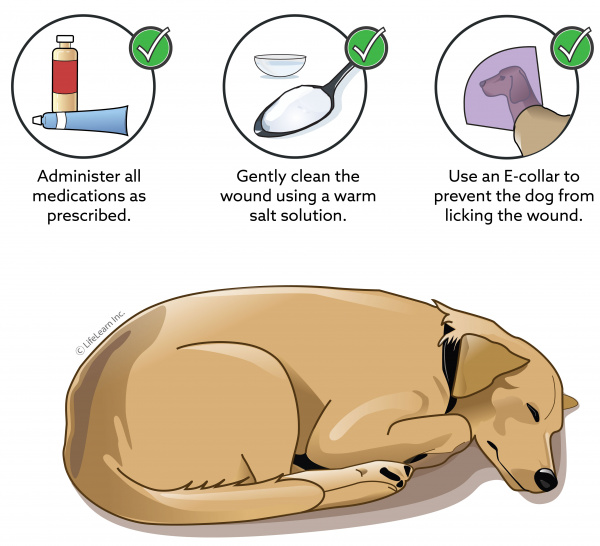
A Dogs Lick Can Heal Cuts. Therefore you must prevent this by any means possible. The idea that dogs need to lick wounds in order for them to heal is so pervasive that many people including ancient societies believed that dog saliva can also heal human wounds. Lactoferrin and other antibacterial and anti-viral compounds can also be found in saliva. The Egyptians believed that being licked by a dog especially on an open wound would aid in recovery or even cure the disease causing the illness.
Lactoferrin and other antibacterial and anti-viral compounds can also be found in saliva. Licking wounds seems an instinctual reaction to the injury. The belief that dog saliva can heal human wounds dates all the way back to ancient Egyptian times when dogs were used in healing practices. The idea that dogs need to lick wounds in order for them to heal is so pervasive that many people including ancient societies believed that dog saliva can also heal human wounds. This can be very beneficial in an open wound that is at risk of collecting bacteria. Yes a dog licking a wound can help it heal faster.
The enzymes in dog saliva help destroy the cell walls of dangerous bacteria.
Nobody instructs a child to suck a burned finger and nobody teaches a dog to lick a cut paw. The benefits of moderate wound licking. Calendula officinalis in gel cream oil or ointment form promotes healing and is antimicrobial. When a dog licks a wound–or a newborn puppy–it cleans it in much the same way you might clean a counter with a sponge. Studies in rats and mice showed that wound contraction and healing happen more quickly in rats with normal salivary glands compared to rats that can no longer produce saliva. There is a belief that dog saliva can heal.